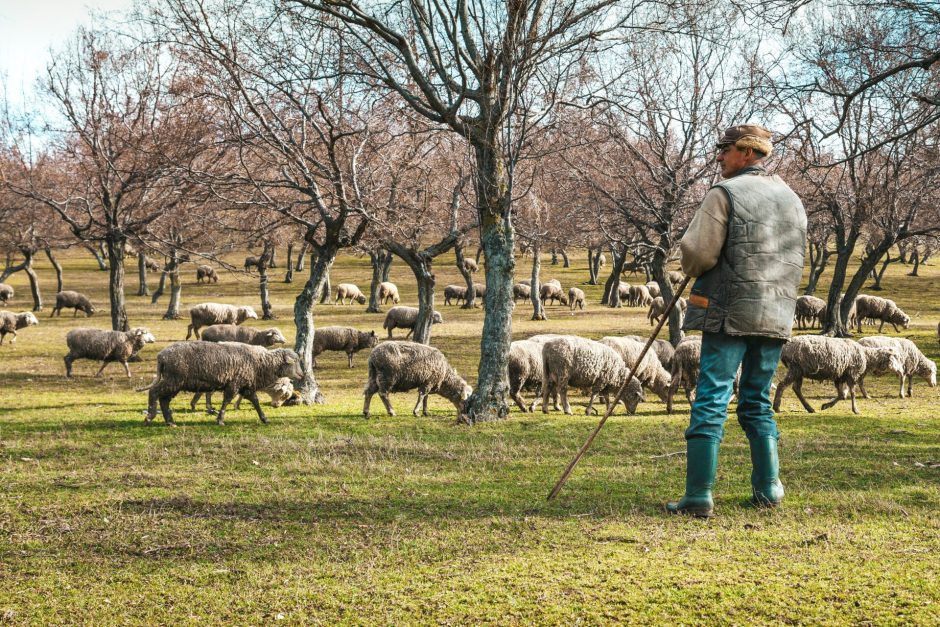In July 2024, the contagious virus Peste des Petits Ruminants (PPR) was detected for the first time in Greece and Romania, both previously officially free of the disease. This viral infection poses a significant threat to sheep, goats, and certain wild ungulates, with morbidity rates reaching 100% and mortality rates up to 80%. PPR severely impacts meat and dairy production but is not transmissible to humans.
Control measures have been implemented in both Greece and Romania, including zoning, movement restrictions, increased surveillance, and stamping out infected farms. As of 9 August 2024, Greece has reported 47 outbreaks, with over 2000 cases, while Romania notified 56 outbreaks, with over 5000 cases, through the World Animal Health Information System (WAHIS). Ongoing epidemiological and laboratory investigations aim to understand the transmission pathways and extent of the virus’s circulation.
Earlier this year, PPR outbreaks were reported in the Caucasus region, with eight outbreaks in Türkiye between 1 January 2024 and 4 July 2024, as reported by ADIS1, and detections in Georgia for the first time since 2016, as reported by WAHIS. Although no direct links have been established between these events and the current situation in Greece and Romania, the ongoing investigations highlight the risk of PPR introduction into Europe and the Caucasus.
Greece and Romania were historically free from PPR, meaning that the disease had not been detected for at least 25 years. Both countries therefore held a PPR-free status, granted by the World Organisation for Animal Health (WOAH), an official recognition that countries were free from the PPR virus. This status is significant as it facilitates international trade and strengthens the confidence of trading partners in the countries’ livestock health standards. While the PPR-free status of both countries has been temporarily suspended in light of recent outbreaks, they can recover this status by demonstrating successful control of the outbreaks and applying for reinstatement in accordance with WOAH International Standards (Article 14.7.7 of the Terrestrial Animal Health Code).
WOAH recommends that Veterinary Services take the following actions:
Regional cooperation is essential to coordinate strategies and actions to curb the transboundary spread of PPR. Countries must work together to develop and implement comprehensive plans to address the outbreak and prevent further transmission.
Disease control efforts in Greece and Romania are supported by the European Commission and CIRAD, designated as a reference laboratory by WOAH and the European Union. Since 2015, WOAH has been collaborating with the Food and Agriculture Organization of the United Nations (FAO) under the Global Framework for the Progressive Control of Transboundary Animal Diseases (GF-TADs) to support the eradication of PPR and enhance coordination and collaboration among partners.
WOAH has also established a PPR vaccine bank to facilitate rapid access to quality vaccines under negotiated conditions. This resource supports vaccination efforts to control and eventually eradicate PPR in affected regions.
WOAH remains committed to supporting affected countries and strengthening global efforts to eradicate PPR. By fostering international collaboration, we can protect livestock industries and safeguard the livelihoods of those who depend on them.
